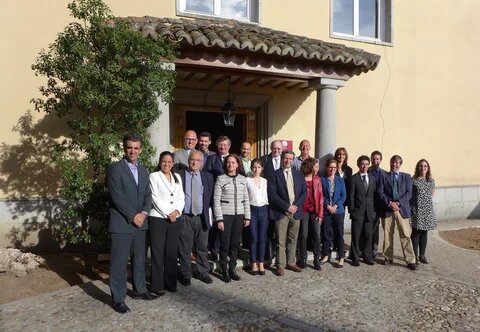The EU-LAC Foundation is continuously seeking to explore convergence points between the European Union, Latin America and the Caribbean to deepen their cooperation and develop joint strategies oriented towards guiding the multilateral process. Along these lines, the EU-LAC Foundation selects annually a topic of the global agenda and promotes the dialogue of key bi-regional stakeholder on the subject in question.
In 2015, the Global Governance Forum has explored development cooperation in the post-Millennium Development Goals framework. Fifteen years after the adoption of the MDGs, a new scheme for development cooperation will come to replace them and broaden their scope to not only to include developing countries but also to set out globally oriented goals.
Parallel this process is the “graduation” of the greater part of Latin America from receiving EU Official Development Assistance (ODA). As the continuous economic growth in the LAC region positions most countries in the middle-income category, the EU will channel its development assistance to low-income and “fragile” countries, and partner with “graduated” countries for the financing of development projects through, for instance, triangular cooperation and other cooperation schemes.
In this changing context, the EU-LAC Foundation commissioned a study to assess how both regions are positioned in relation to the post-MDG and the new EU development cooperation agendas, in addition to the organization of a multi-sectorial workshop for the presentation of the study. The research consortium in charge of elaborating the study and the event was comprised of José Antonio Sanahuja (Complutense University of Madrid), Sergio Tezanos (University of Cantabria), Alejandra Kern (University of San Martín, Argentina) and Daniela Perrotta (University of Buenos Aires).
On the 28th of April 2015, the workshop was hosted at the Complutese Institute of International Studies (Complutense University of Madrid) and included members from institutions such as ECLAC, OECD, SEGIB, the European Commission and representatives of other development institutions and governments. The workshop intended to collect perspectives and contributions from the participants about the new cooperation development agendas in general, and the study in particular.
